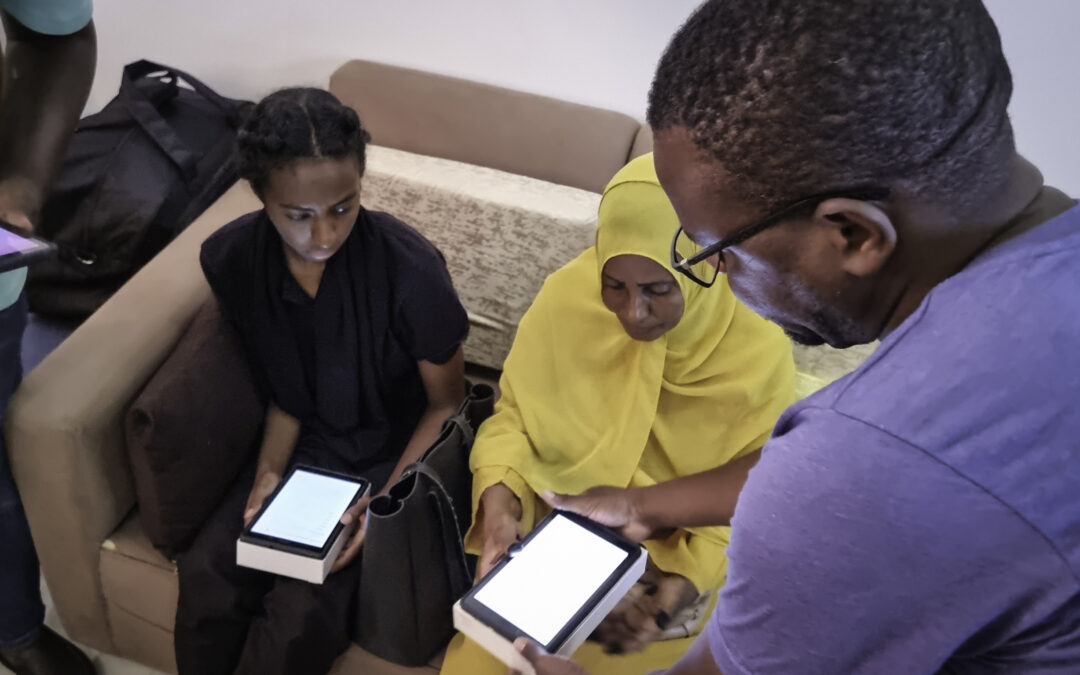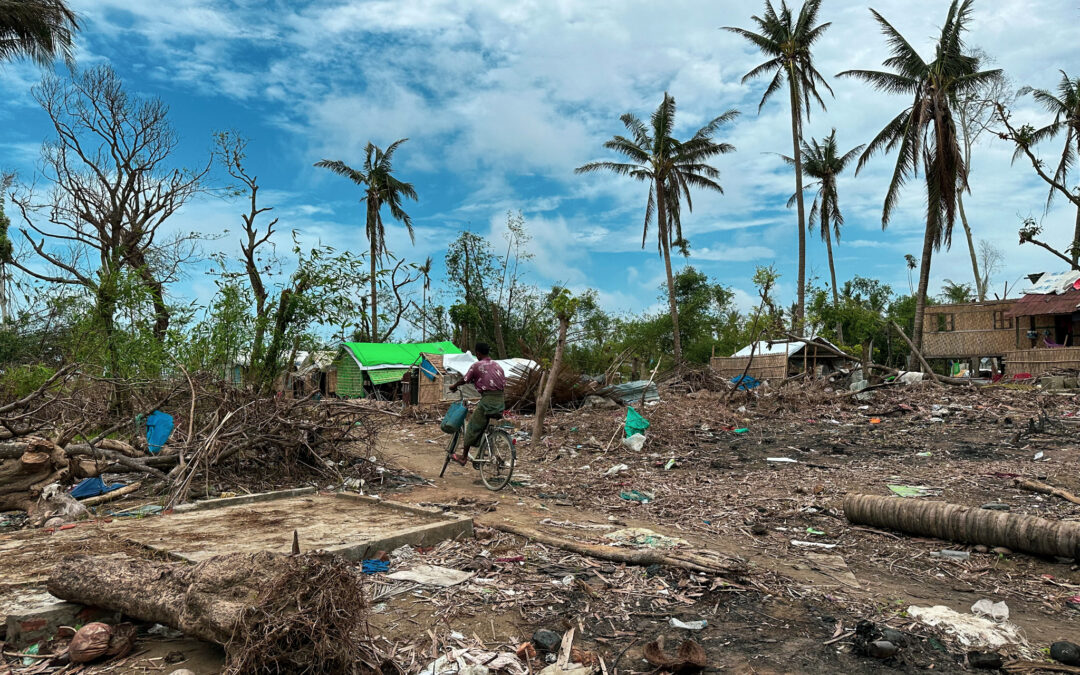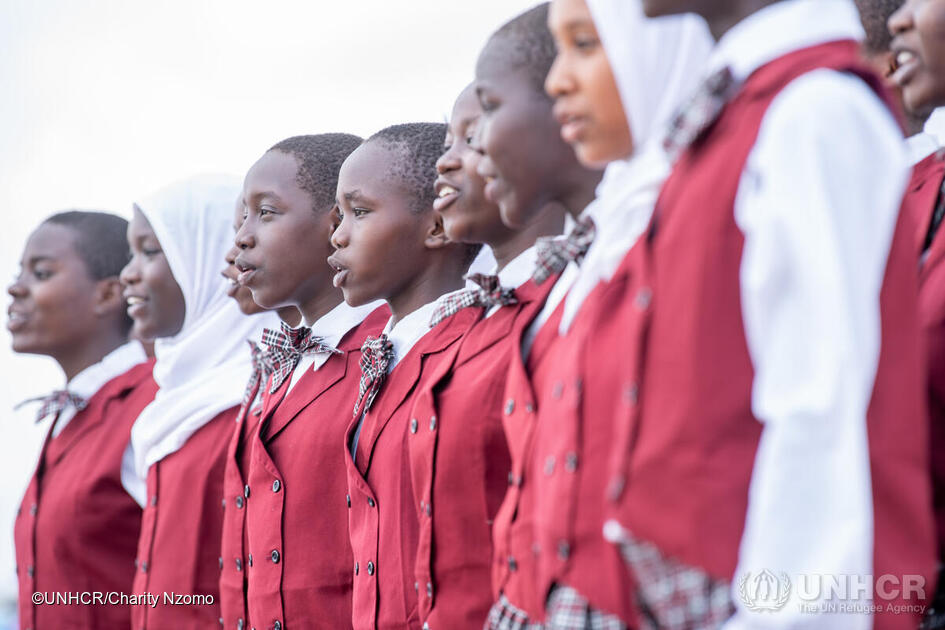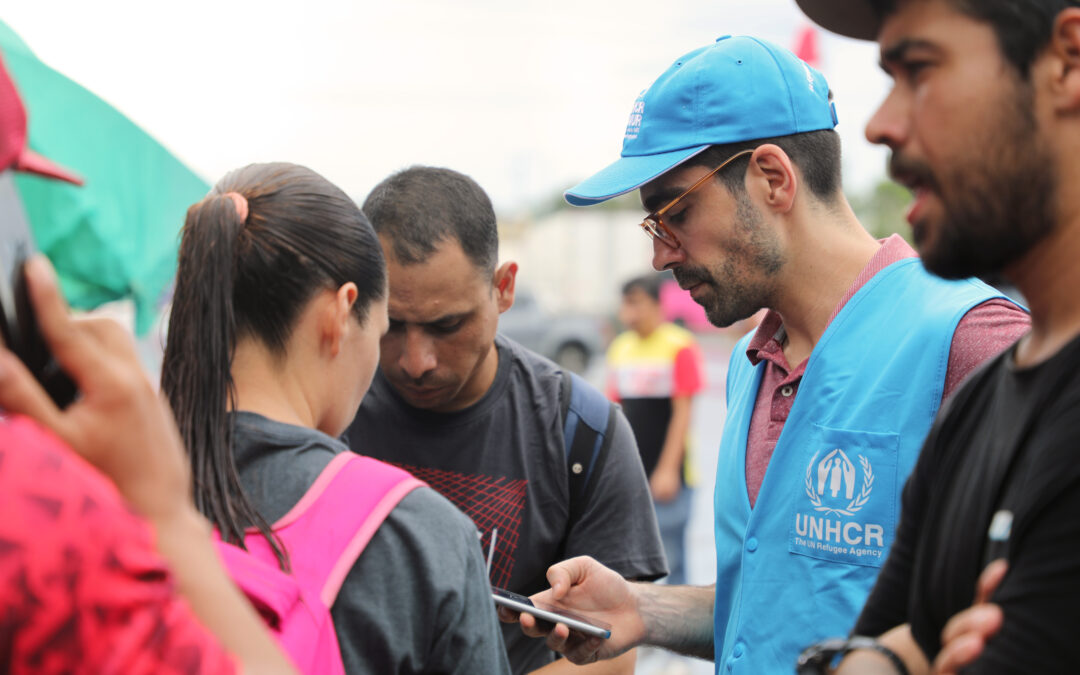
Sep 17, 2024
At the end of September 2024, world leaders are coming together in New York City to convene a variety of high-level events. Between 22-23 September, the Summit of the Future will take place, which has been described as a once-in-a-generation opportunity to mend eroded trust and demonstrate that international cooperation can effectively tackle emerging threats as well as opportunities.
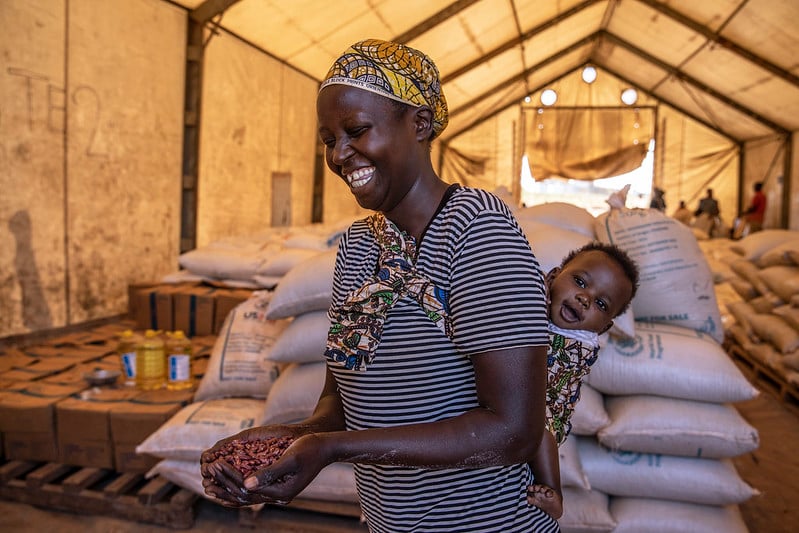
Sep 16, 2024
It is common practice for UNHCR, the UN Refugee Agency, and WFP, World Food Programme, to collaborate in some of the world’s most difficult humanitarian responses. While UNHCR is mandated to protect those forced to flee, WFP is responsible for delivering food and life-saving assistance in emergencies and protracted refugee situations. The two organizations work together to serve the most vulnerable populations. As part of this collaboration, UNHCR and WFP may need to exchange some information on the forcibly displaced populations to ensure they receive targeted food assistance in a dignified manner.
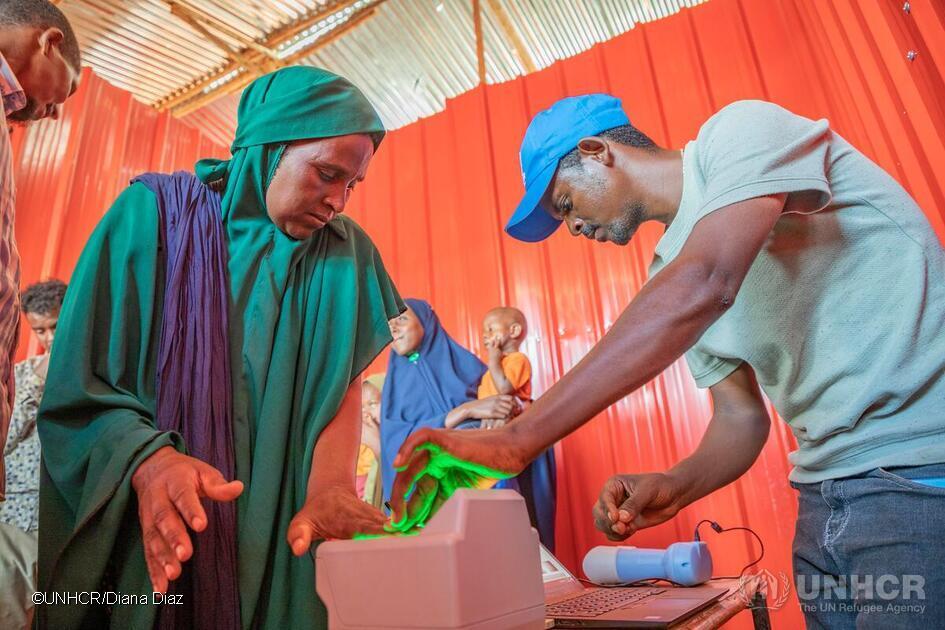
Jul 22, 2024
In 2002, UNHCR introduced biometrics, and leveraged the technology to manage the identity of the people it serves effectively. By capturing up to 10 fingerprints, 2 irises and a face photo during the initial encounter, biometrics play a crucial role from confirming an individual’s physical presence to providing assistance. UNHCR’s Biometric Identity Management System (BIMS) serves a diverse user base including UNHCR staff, partners, governments, and soon refugees themselves through self-service applications, all in a user-friendly manner. While BIMS has undergone countless improvements throughout the years, the biometric scanner devices used have remained largely unchanged.

Jun 18, 2024
In 2017, the United Nations Statistical Commission adopted an indicator framework of 231 unique indicators to monitor the progress towards the Sustainable Development Goals (SDGs). Similarly the World Bank tracks 1,400 indicators on development and UNICEF over 680 on women and children. But what about the visibility of refugees, stateless, and other people affected by forced displacement?

Jul 5, 2023
IFC and UNHCR are working to address persistent barriers to access to finance, a universal right and key factor for enabling self-employment, integration and self-reliance for refugees and migrants.
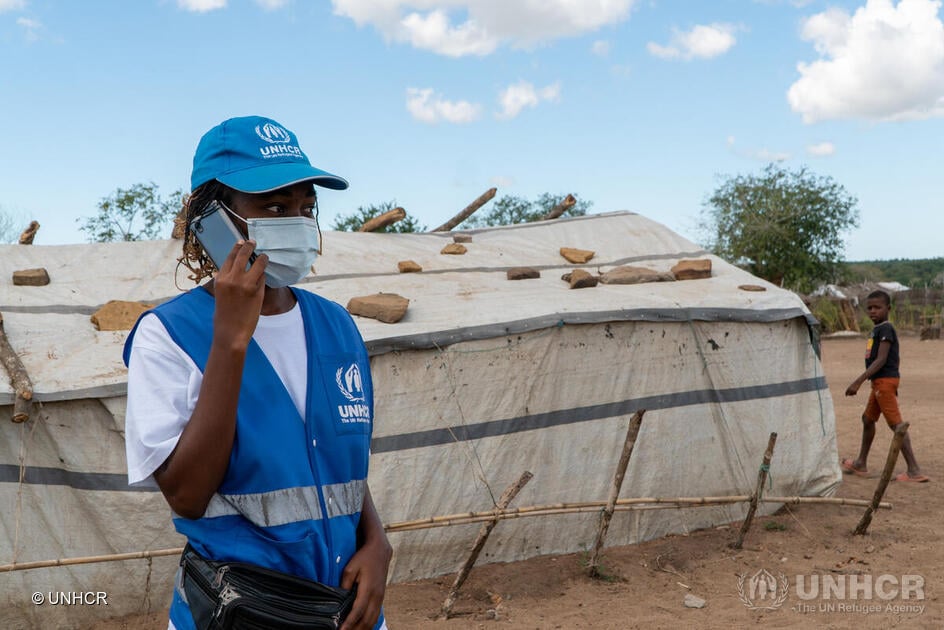
Jun 28, 2023
Sampling hard-to-reach populations has been a challenge for surveys for a long time. In the context of forced displacement, out-of-camp refugees, and internally displaced persons (IDPs) are particularly difficult to include in a sampling frame due to higher mobility compared to populations who reside in camps. UNHCR used Computer-Assisted Telephone Interview (CATI)-Assisted Telephone Interviews to collect household-level data of refugees and asylum-seekers.
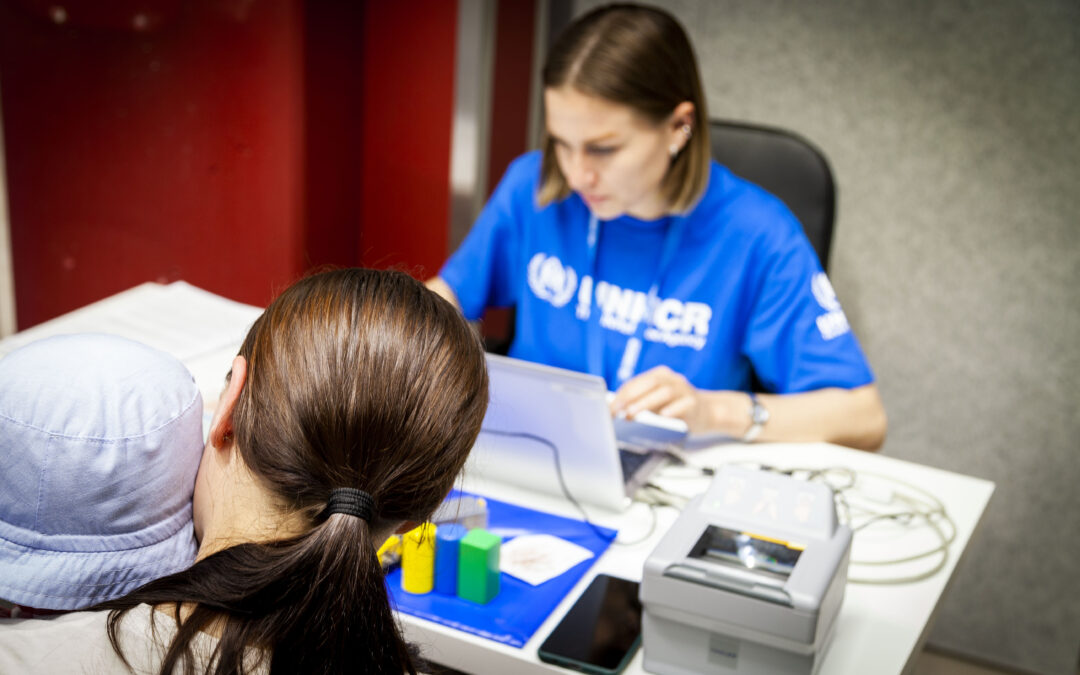
Mar 28, 2023
UNHCR enters 2023 with the General Policy on Personal Data and Privacy (GDPP) issued by the High Commissioner. The new policy establishes an updated and unified data protection and privacy framework applicable to the collection, use and sharing of personal data of all individuals by UNHCR, fostering trust among people we serve, staff, partners, and donors.





